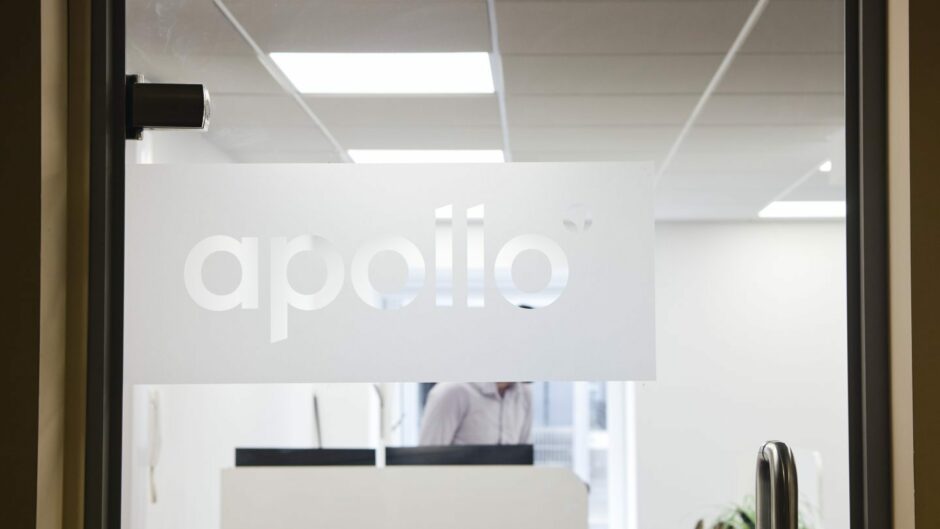
The energy trilemma of energy security, energy affordability, and energy sustainability can seem an impossible balance. At Apollo we want to achieve a sustainable, decarbonised future – for the industry, for the planet, and for everyone. We know it’s not enough to just talk about sustainable energy. Technology. Practical solutions. Innovation. It’s that mix that will make it happen. It’s complex, but that’s what we’re good at in Apollo!
The year has had many challenges, not only for the business but for our people. Although I feel we adjusted well as a business to support our people through the “COVID years”, coming out of the pandemic this year has left its impacts. I think everyone can relate to some extent to the various challenges. It is not easy just now, and you do not need to hunt very far to read bad news story after bad news story. I will continue to ensure we do our best to look after our people, to support them, and ensure we continue to create an environment that is open and honest, and a culture that is first class and one to be proud of.
That’s what remains critical to Apollo. Together we’re crafting an ethical future for the energy sector, built on sustainable growth and projects mix that now sees the majority of our work outside of traditional oil and gas come the end of 2022, driven by increased activity in floating offshore wind and onshore hydrogen in particular. But oil and gas will remain a key component of this mix, and we will continue to support it, with particular focus on building on key projects we have won in electrification and decarbonisation activities.
2023 will be about balance. We need a balanced range of energies to deliver reliable, sustainable energy at a price which does not cripple the consumer, nor industry. Progress in any one area cannot be to the detriment of others. The UKCS is attracting much needed investment which will enable an orderly transition, but this cannot be at the expense of offshore wind or hydrogen. Additionally, it is concerning to note the effects the energy profits levy may have on slowing project investment when we are already behind the curve and will reply on even more imports.
Next year will also be one where we see regional energy production projects fly. To date, the UK model has centred on reliance on the North Sea and imports, but now we are seeing significant hydrogen and wind resource being developed around the whole of the UK, which will lead to entire districts running on energy produced locally, adding much needed layers of resilience. Apollo’s recent contract award with Wales and West Utilities to provide feasibility engineering to a proposed hydrogen pipeline, connecting low-carbon hydrogen production with industrial demand, is one such example that will bring regions closer to net zero.
And of course, 2023 will be a crucial step forward in decarbonisation through CCUS projects, both at cluster and local level – perhaps the current economic volatility will see a surge in reassessing how much, and how we use our precious resources. We await with anticipation a government announcement on Track 2 and the Acorn CCS project.
Recommended for you

 © Supplied by Apollo
© Supplied by Apollo